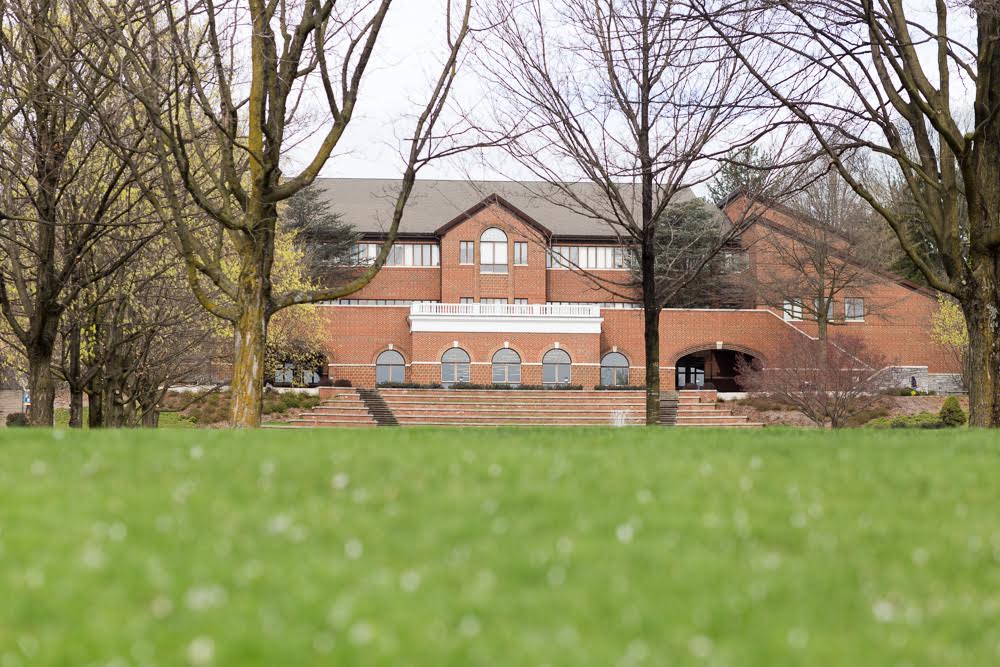A new association connecting Mennonite Church USA’s institutions of higher education launched Feb. 1.
The Mennonite Higher Education Association (MHEA) will increase collaboration between the six member schools and the Mennonite Education Agency (MEA) to advance educational opportunity, excellence and affordability.
“The demographic, economic and cultural changes taking place, both in society and in our church, call us to reexamine our relationship with the schools, while at the same time providing the flexibility to respond to the changing landscape of higher education,” said Carlos Romero, MEA executive director. “We are working at the creation of something new that will require all the parts to be willing to change. The underlying foundation is still the same: the church and the schools want to maintain strong ties.”
The new organization has been affirmed by the boards of the six schools: Anabaptist Mennonite Biblical Seminary, Bethel College, Bluffton University, Eastern Mennonite University, Goshen College and Hesston College. It has also been affirmed by Mennonite Education Agency and the executive board of MC USA.
The association will initially be chaired by Richard Thomas, current moderator of the Future Church/School Relations Committee.
Presidents of the schools and a representative of MEA will comprise the association, which will meet several times per year.
The association will be fully functioning with elected officers by July 1, 2018. Until then, planners are calling the organization a “beta edition.”
By beginning this month, James Harder, president of Bluffton University, will have input before his retirement on June 30, 2018.
According to a press release, the MEA-appointed committee has made progress on its task of recommending a revised mutual understanding and a common structure that will support long-term connections and linkages between MC USA church-related institutions of higher education and an educationally-supportive denomination. They will also recommend a timeline for implementation of the common structure.
Last fall, a draft proposal was shared and feedback collected. “The committee has attempted to work at creating a new vision to define the future relationship between the schools and the church, understanding the past polity and history but not being defined by those, and proposing what the group feels will best serve the schools and the church in the context of the present realities,” says the release.
